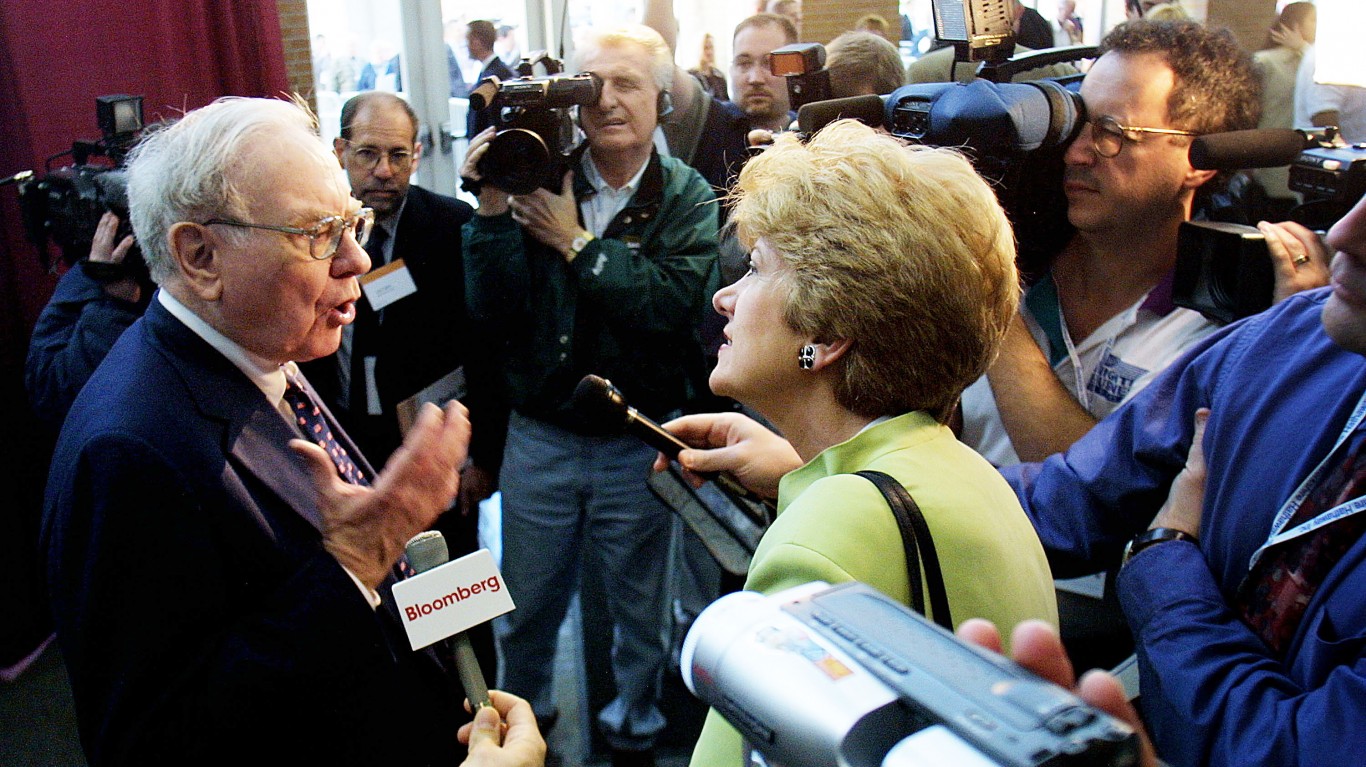In the world of global anti-trust, Intel (INTC) has become the Microsoft (MSFT) of the early 21st century. It is being chased around the desk by authorities in places are far flung as South Korea, the US, and Europe. The EU has decided to racket up the pressure on Intel, charging that it induced PC retailers to sell computers with its chips over those with products from AMD (AMD).
According to The Wall Street Journal, "The European Commission, the European Union’s executive arm, has been scrutinizing Intel for nearly eight years in one of the most complex antitrust cases on its docket."
If the charges against Intel are true, it is a great example of how, in big business, stupidity often trumps all the critical advantages a company dominant in its industry has. Although AMD had a brief period three years ago when it was taking market share from Intel, the larger company crushed it like a roach with a price war and improved product line.
The core of all the charges against Intel is that the company won business by cheating. It gave PC companies like Dell (DELL) special incentives to use its chips. It put pressure on large retail outlets to favor machines containing its hardware. In essence, it was a global conspiracy to cripple any other firm that wanted to squat on its territory. It was the big cattle rancher driving off sheep herders.
Such a substantial and long-standing malfeasance rarely goes undetected. The irony of its all is that any government success in bringing Intel to the trial chambers may be the only thing that keeps AMD alive. The smaller company is saddled with over $5 billion of debt from its ill-conceived buy-out of graphics chip company ATI. It loses money almost every quarter. Its technology has fallen behind Intel’s.
Any judgment or settlement on antitrust charges is likely to involve reparations payments to AMD, just as Microsoft has to pay Time Warner (TWX) because of overzealous competition with Netscape and RealNetworks (RNWK) for wrecking its online media-player business. The EU still hangs onto it case against Redmond which could go on for several more years.
By trying to destroy AMD, Intel has almost certainly saved it
Douglas A. McIntyre
The Average American Has No Idea How Much Money You Can Make Today (Sponsor)
The last few years made people forget how much banks and CD’s can pay. Meanwhile, interest rates have spiked and many can afford to pay you much more, but most are keeping yields low and hoping you won’t notice.
But there is good news. To win qualified customers, some accounts are paying almost 10x the national average! That’s an incredible way to keep your money safe and earn more at the same time. Our top pick for high yield savings accounts includes other benefits as well. You can earn up to 3.80% with a Checking & Savings Account today Sign up and get up to $300 with direct deposit. No account fees. FDIC Insured.
Click here to see how much more you could be earning on your savings today. It takes just a few minutes to open an account to make your money work for you.
Our top pick for high yield savings accounts includes other benefits as well. You can earn up to 4.00% with a Checking & Savings Account from Sofi. Sign up and get up to $300 with direct deposit. No account fees. FDIC Insured.
Thank you for reading! Have some feedback for us?
Contact the 24/7 Wall St. editorial team.





